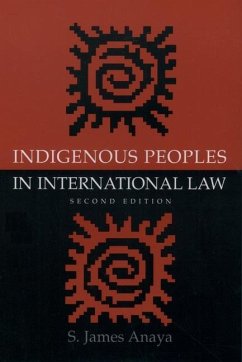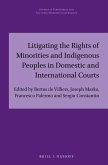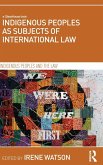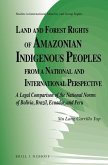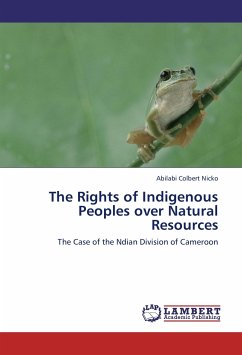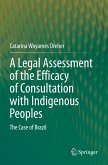In this thoroughly revised and updated edition of the first book-length treatment of the subject, S. James Anaya incorporates references to all the latest treaties and recent developments in the international law of indigenous peoples. Anaya demonstrates that, while historical trends in international law largely facilitated colonization of indigenous peoples and their lands, modern international law's human rights program has been modestly responsive to indigenous peoples' aspirations to survive as distinct communities in control of their own destinies. This book provides a theoretically grounded and practically oriented synthesis of the historical, contemporary and emerging international law related to indigenous peoples. It will be of great interest to scholars and lawyers in international law and human rights, as well as to those interested in the dynamics of indigenous and ethnic identity.
Hinweis: Dieser Artikel kann nur an eine deutsche Lieferadresse ausgeliefert werden.
Hinweis: Dieser Artikel kann nur an eine deutsche Lieferadresse ausgeliefert werden.

